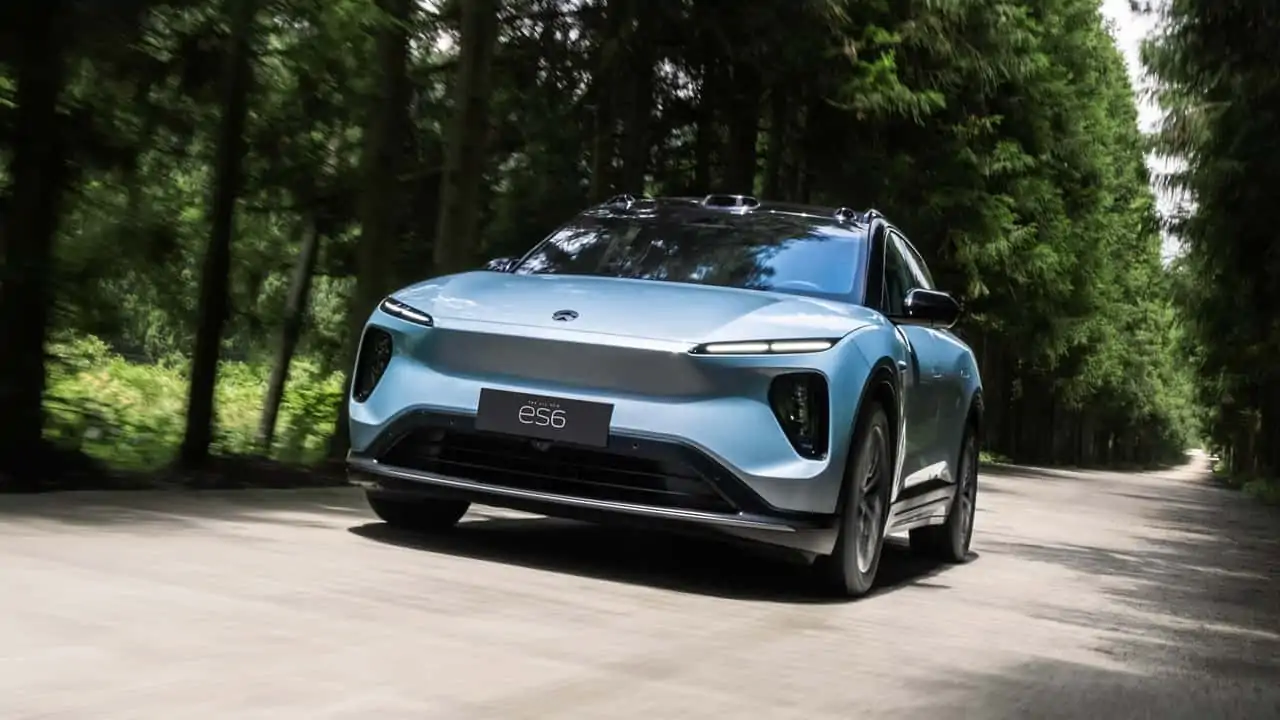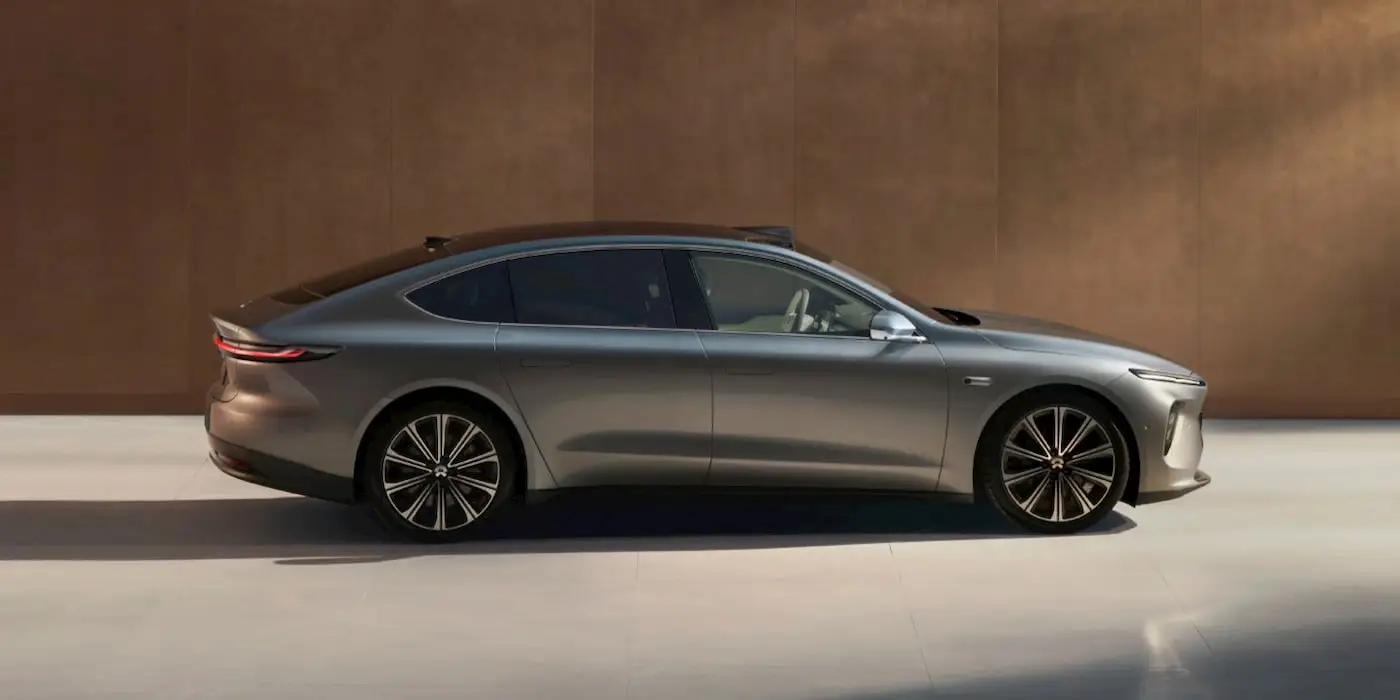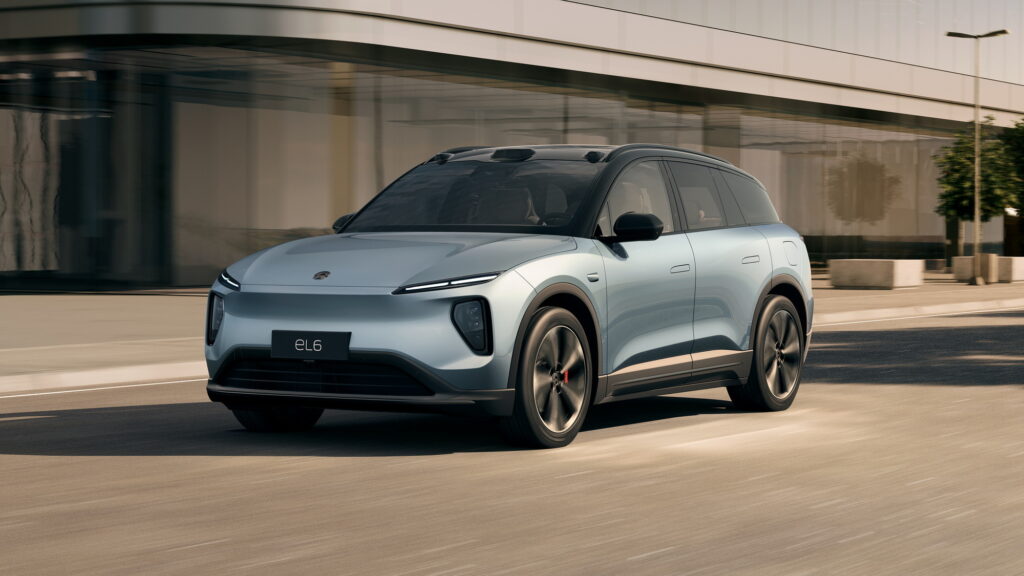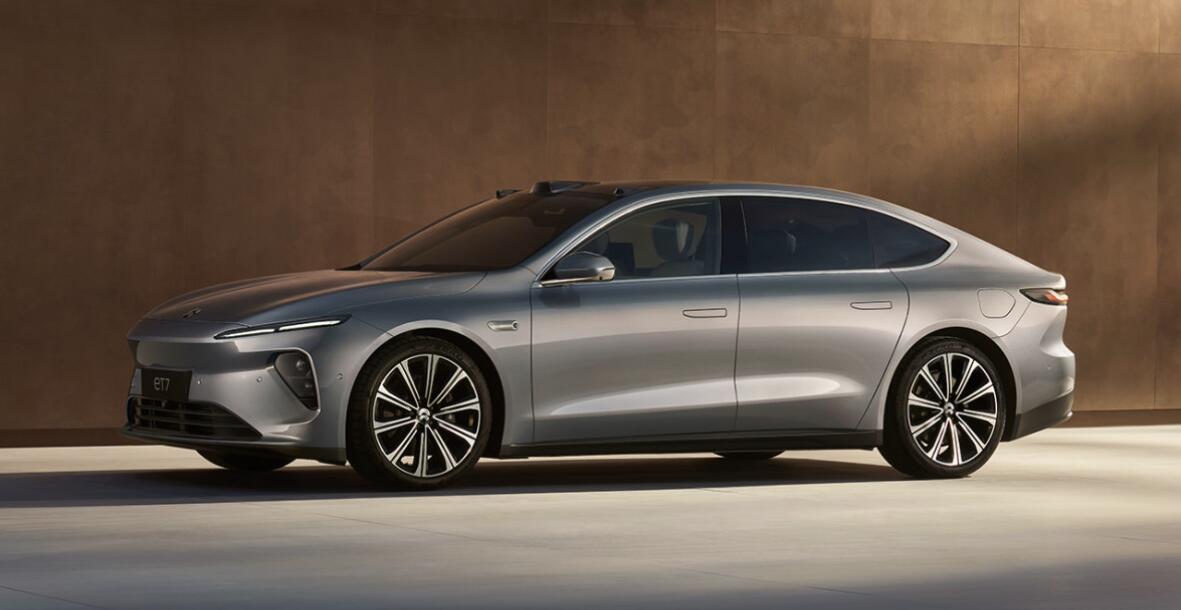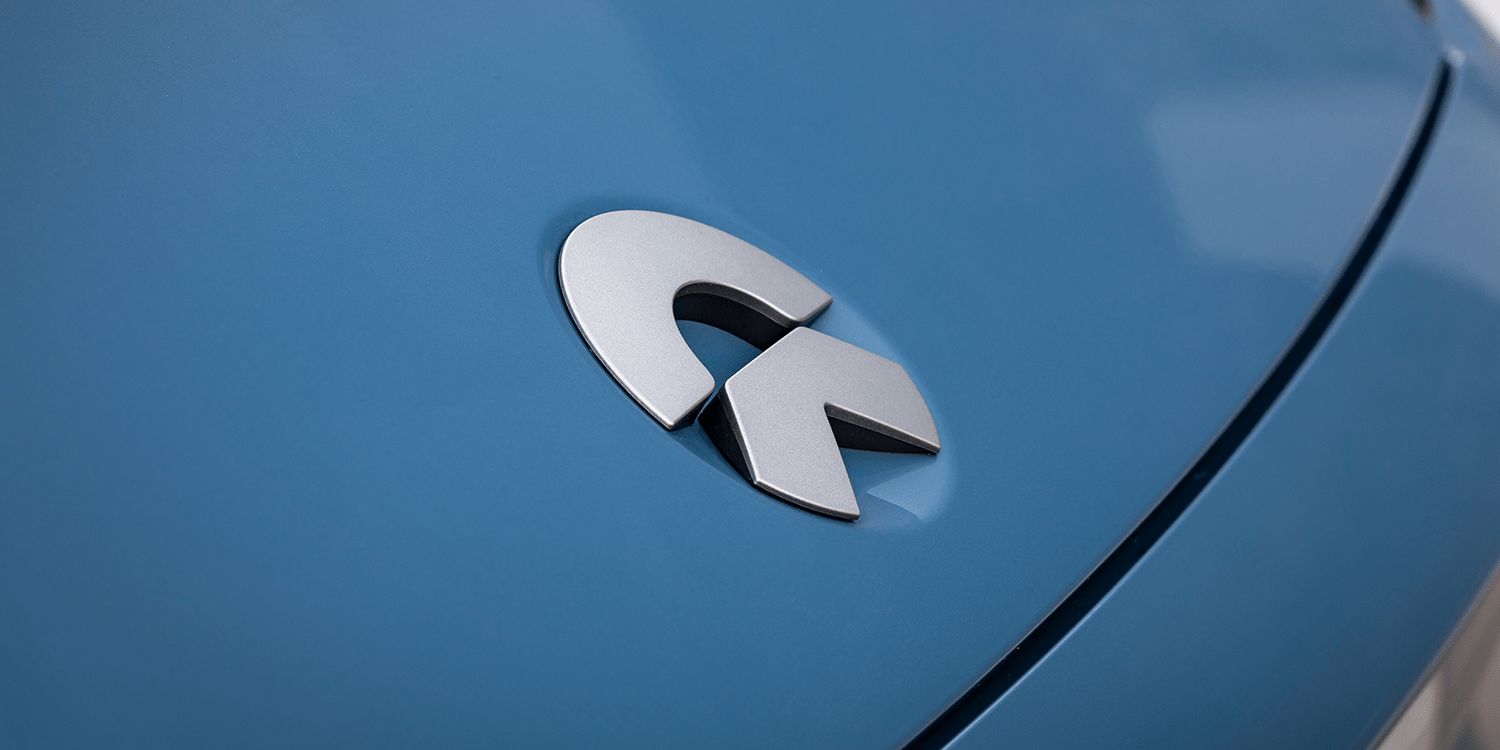William Li, founder of Chinese electric vehicle (EV) maker Nio, delivered a rare speech in the United States advocating for openness in the EV market, amidst increasing efforts in the U.S. to restrict China’s access to the world’s second-largest auto market.
Speaking at an event at Harvard University, Li highlighted China’s rapid EV growth, attributing it to an “open and competitive” market that welcomes all products regardless of their brands or origins. He pointed to Tesla’s success in China, where the company has sold 1.36 million EVs in the past three years, noting that its presence has boosted EV penetration and energized the industry.
See also: Nio EL6 Achieves Five-Star Safety Rating in European Market
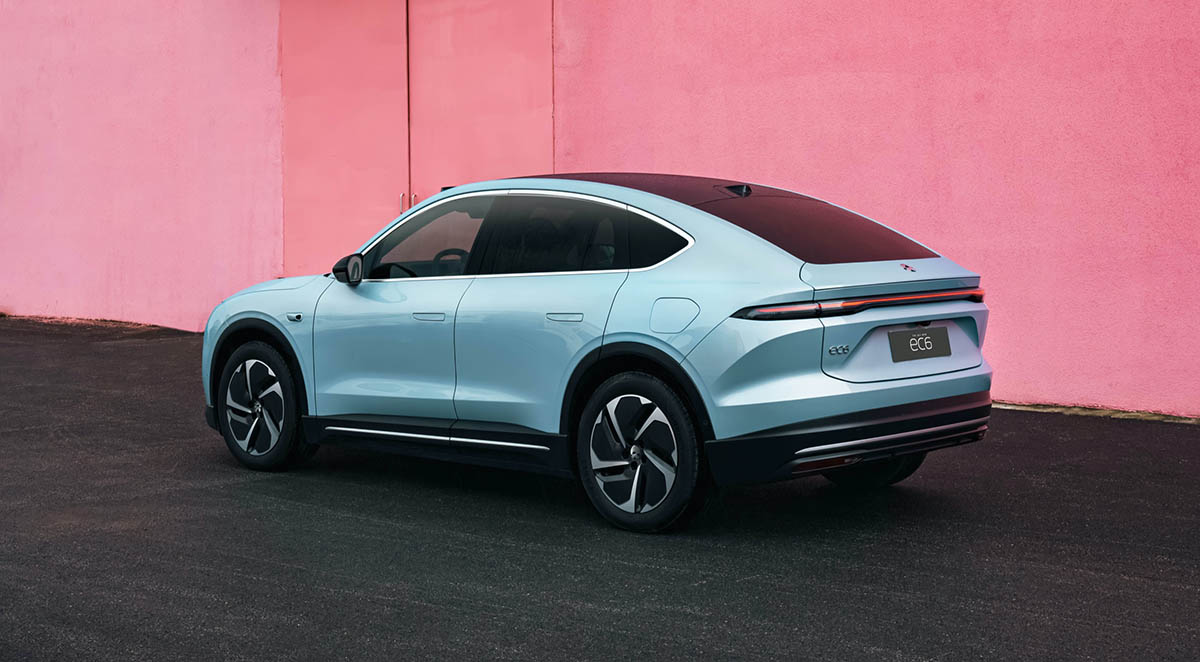
Li emphasized the importance of competition, stating that it leads to greater investment, longer time to break even, less margin for mistakes, and lower chances of success. He expressed confidence that China would not adopt policies to protect domestic players, as openness ultimately benefits industries, sustainability, and improves the best companies even further.
Tensions between China and the West have escalated over Chinese EV exports, which Washington and Brussels allege are heavily subsidized by the state and could harm domestic automakers. The European Union is investigating Chinese EV makers such as BYD, Geely, and SAIC, which could lead to tariffs over the subsidies.
See also: Nio Commences Production of 900-Volt Drive System for Flagship ET9 Model
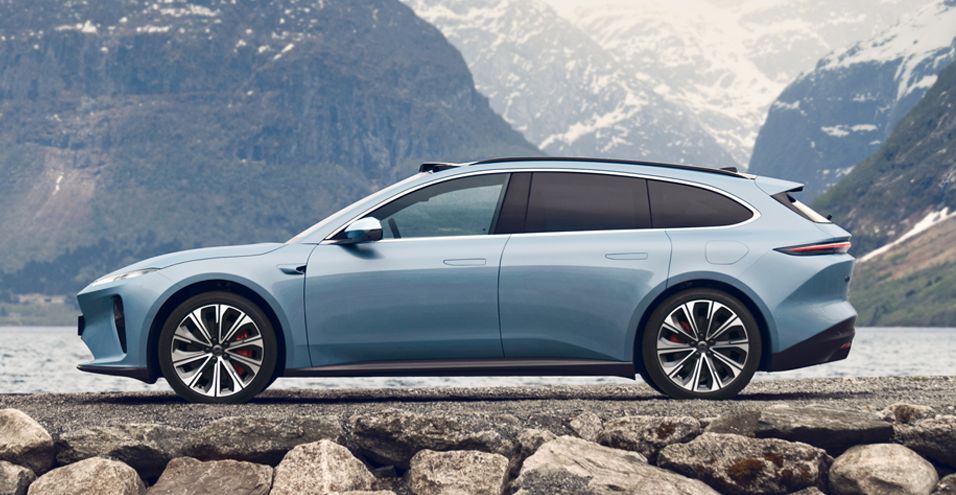
While few Chinese-made EVs are currently sold in the U.S. market due to steep tariffs, President Joe Biden is reportedly considering raising tariffs on Chinese EVs. This move has been met with concerns from both Republican Senator Marco Rubio and Democratic Senator Sherrod Brown, who have cited national security grounds.
Regarding Nio’s potential entry into the U.S. market, Li stated that the company is studying the feasibility of quarterly sales. In the Chinese market, Nio’s lineup, priced from 298,000 yuan ($42,000) for the premium segment, sold 30,053 EVs in the first three months of the year, compared to 132,420 vehicles sold by Tesla.

